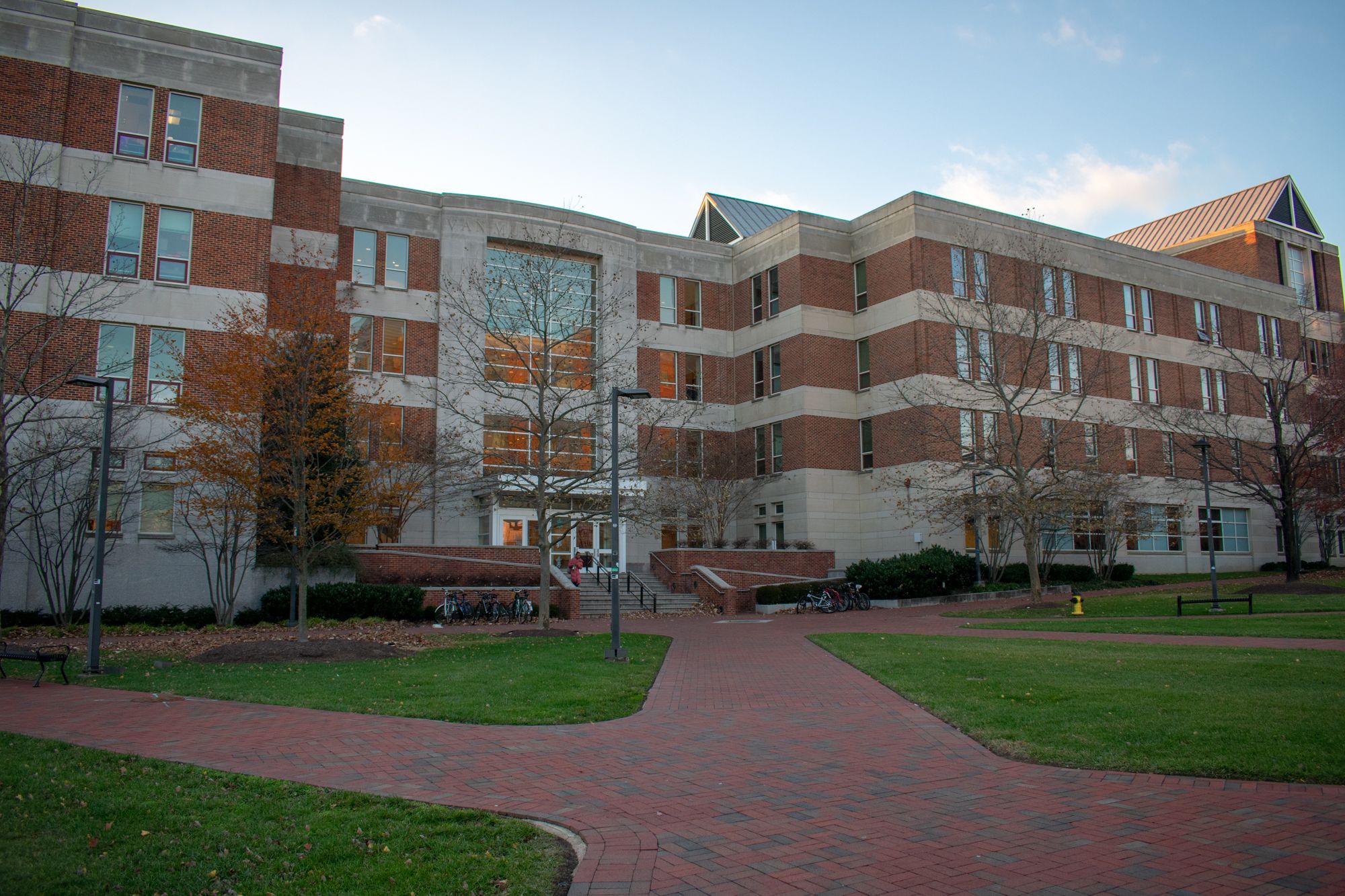Three employees of the University of Maryland’s business school — including its former dean — signed unauthorized contracts with the federal government, according to the preliminary results of an investigation released Friday.
The employees acted on behalf of the Robert H. Smith School of Business Foundation, which runs the business school’s executive education program. Two of them have since been fired, according to the investigation’s findings, while the third was the school’s “immediate past dean.”
In August, then-business school Dean Alexander Triantis left this university to take the same role at Johns Hopkins University. He had held the job for six years, previously being the business school’s finance chair.
This university conducted the investigation, which “gathered significant evidence that [the university] was purposefully and repeatedly deceived,” according to an email summary signed by Provost Mary Ann Rankin.
“The violations are limited to a small number of individuals, but the risk is significant,” the email read. “Their actions could hinder the University’s ability to secure future federal funding.”
[Read more: The federal government is investigating UMD’s reporting of foreign gifts]
The foundation is affiliated with this university, and uses its personnel and funding. It is required to follow the rules of the University System of Maryland, which sets policy for 12 state public universities, including this university.
According to the preliminary results, the business school employees entered into federal contracts for the executive education program using the university’s name over a period of years, submitting proposals and accepting awards. The university’s research administration office is the only institution authorized to do such things.
The document did not specify how many contracts were entered into, or how much money they were worth. It said three of the contracts remain active.
According to online government records, the Smith School Foundation participated in transactions with several federal agencies, including the National Institutes of Health and Customs and Border Protection.
The investigation began after an alumnus of the business school questioned details of one of the existing contracts, according to the summary. It was conducted by several university offices, including the offices of the president and provost. The university contacted the state attorney general’s office to help further the review.
The university suspended the foundation’s federal contracting activities, according to the summary, and installed a “senior [u]niversity administrator” to oversee the foundation’s finances.



